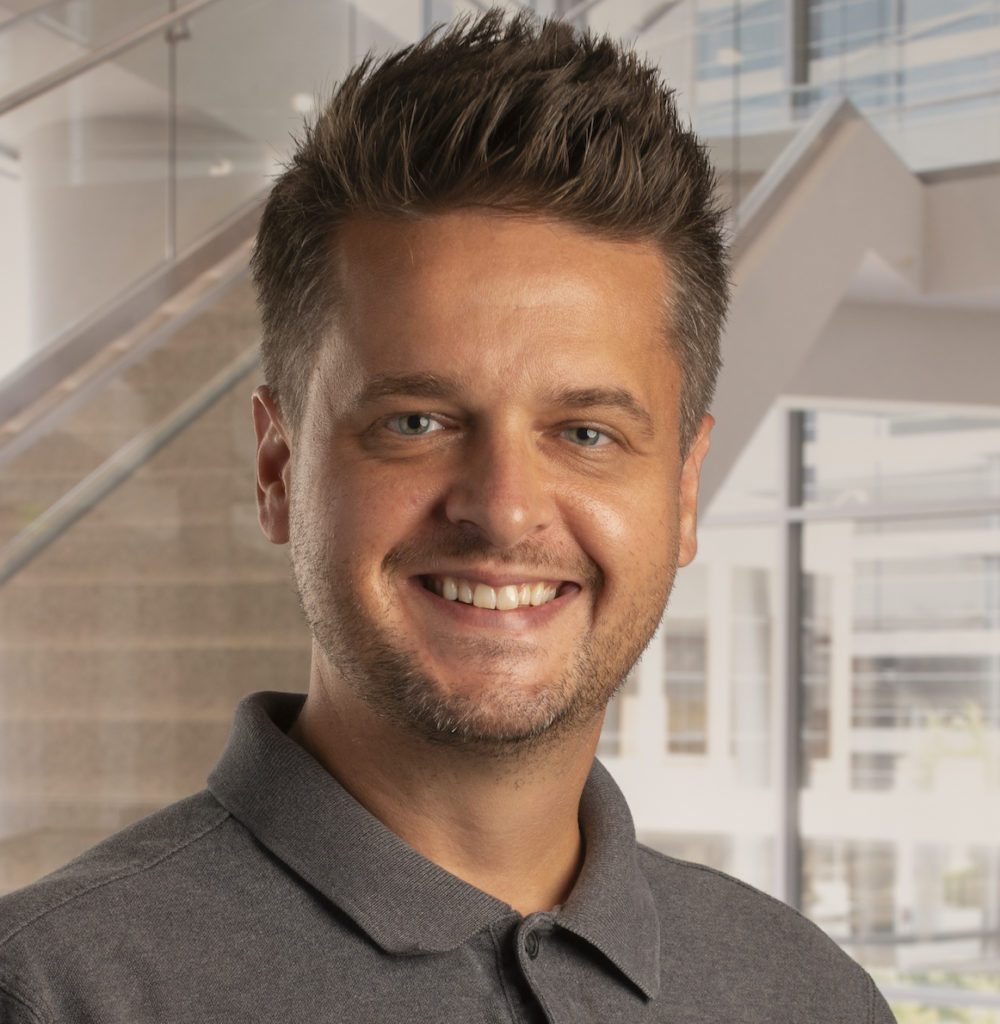Dr. Roger Pechous – Assistant Professor, Department of Microbiology and Immunology, University of Arkansas Medical School
3:30 p.m., Oct. 11, University Hall 134
Yersinia pestis is the causative agent of bubonic, septicemic, and pneumonic plague, and is one of the deadliest pathogens known to man. Y. pestis is responsible for three major pandemics in recorded history, including the infamous Black Death of the Middle Ages. Primary pneumonic plague results from inhalation of respiratory droplets containing Y. pestis and is the most lethal manifestation of plague. Early after infection, Y. pestis replicates unchecked in the lungs in the absence of disease symptoms or signs of inflammation. This early disease phase culminates in the sudden onset of an intense hyper-inflammatory response that marks a second, pro-inflammatory phase of infection that rapidly progresses into a lethal necrotizing pneumonia. Our lab is interested in characterizing the mechanism of this unique biphasic disease progression. We use a combination of bacterial genetics, immunological tools, a robust animal infection model, and primary human cells and tissues to identify critical bacterial and host factors that drive progression of disease. Specifically, we seek to understand how Y. pestis is able to avoid early detection and/or clearance by host innate immune mechanisms in the lung, and how dysregulation of host inflammatory responses damages pulmonary tissue and ultimately prove lethal. Characterizing these two distinct failures of innate immune mechanisms in the lung is important to defining optimal treatment options to combat pulmonary infections, and to understanding how respiratory pathogens can subvert host immune mechanisms to cause disease.
Q&A with Dr. Pechous

When did you know that you wanted to be what you are today?
In undergrad I was pre-med, but I think I realized somewhere near my last couple of years that I was perhaps more interested in the diseases I was studying than thinking about treating patients. I joined an M.S. program in Microbiology (with no lab experience yet!) without much direction or
career plan. At the time I think I thought of it as an extension of college at a nearby school. It took only a few months working in a microbiology lab to realize that this was what I wanted to do. I quickly learned that I enjoyed both the daily problem solving/trouble shooting and hands-on experience of molecular biology research.
What is one of the most significant achievements or rewarding moments of your career?
I would say simply landing the job I have now- running a research lab, asking questions about infectious disease that intrigue me, getting to train students and see them get excited about research. Getting a position where I could run my own lab and actually building a research program has to be the highlight so far.
What advice do you have for students today who may be trying to figure out what they want to do or who want to pursue a career like yours?
Keep an open mind, and follow your interests. If you don’t know what those are, be patient and explore. There are a lot of careers in the sciences, so be open to all of the opportunities. Also, challenge yourself- volunteer to present your work, meet with invited speakers if given the chance. Put yourself out there, you never know how an experience or connection will serve you in the future.
What skill have you relied on most frequently?
Patience.The daily slog of research can be a grind, as most things are technically difficult and require a lot of troubleshooting. You troubleshoot experiments to test whether your experiments are going to work! It takes a long time to ask a scientific question, and each “answer” introduces multiple additional questions. You need to be patient and keep the big picture in mind, remember the big questions you had in the first place that piqued your interest. Further, training students and running a lab, everything is a long process, and it’s easy to want to see results immediately. Take your time, do things right, stay the course, and have patience.
Was there one person who had the greatest impact on your career?
Not really just one, but I’ve had great mentors- my graduate school mentors and my postdoc mentor- that really shaped my career so far.
What are two things that people would be surprised to know about you?
I’m stumped on this one. I’m sure it depends on who you ask – I don’t take much seriously and enjoy a good laugh/prank, so I know there are members of my family and friends who cannot imagine that I am a scientist, and find it hard to believe I work with what I study. Conversely, I’m sure there are a few students and people at work that cannot imagine me acting how I sometimes do in my daily life outside of lab. Other than that, I’m not sure…I have tattoos and like punk music?
If you weren’t doing what you are doing now, what would you be doing?
Boring answer, but I think I would probably be working in biotech in some capacity. I really do love thinking about disease and human health, so I could imagine I would like to be involved in medicine in some capacity.
